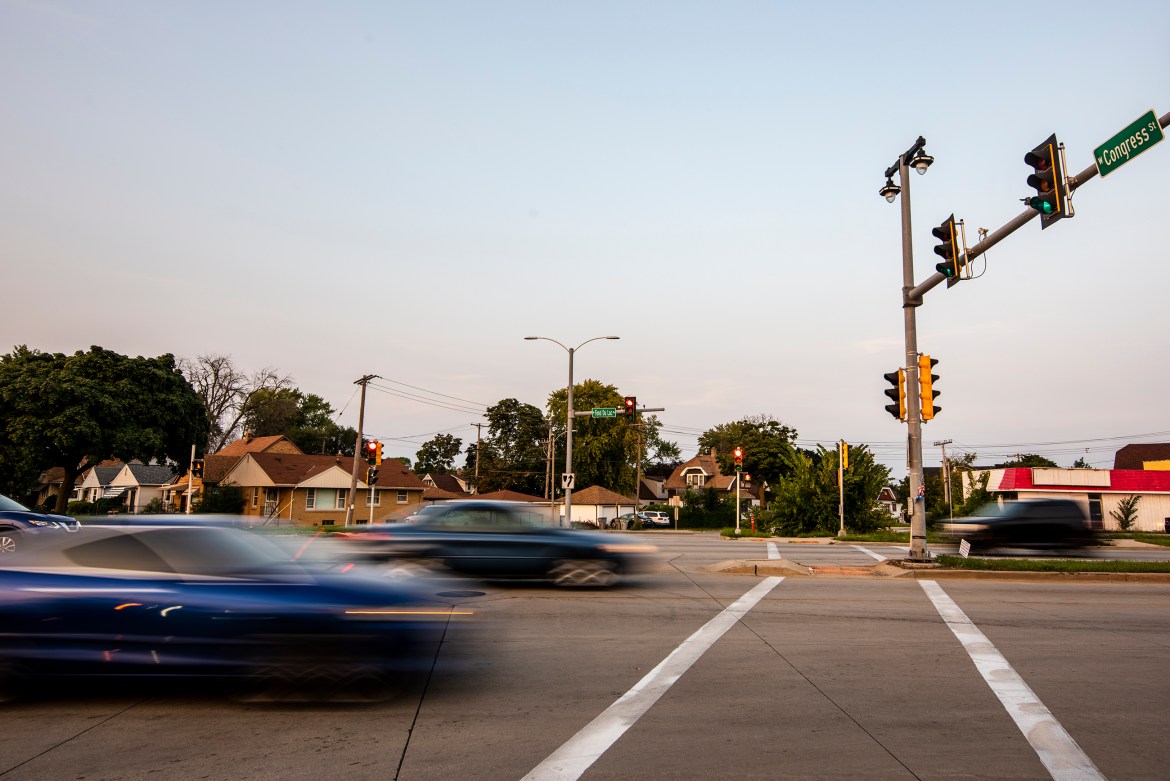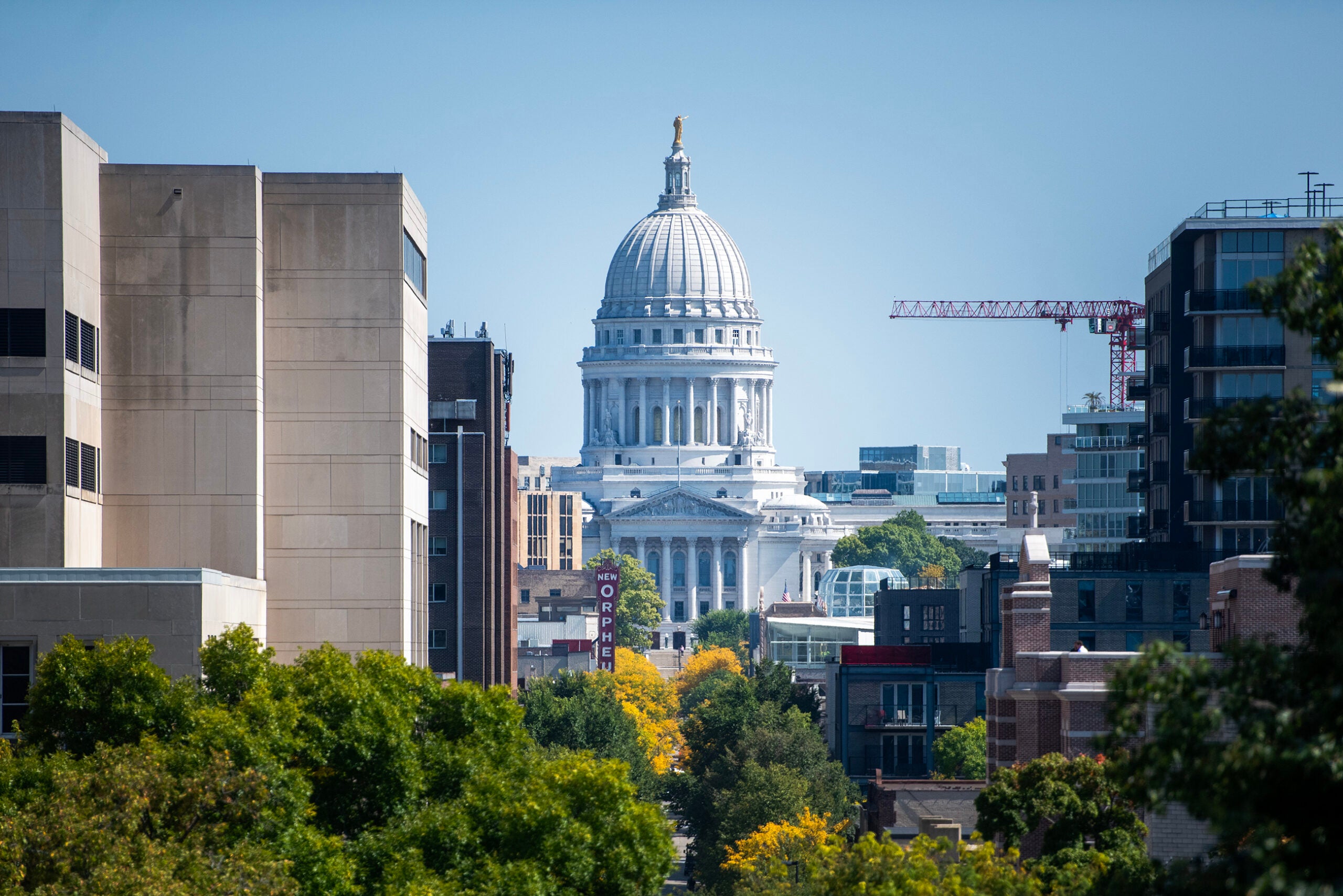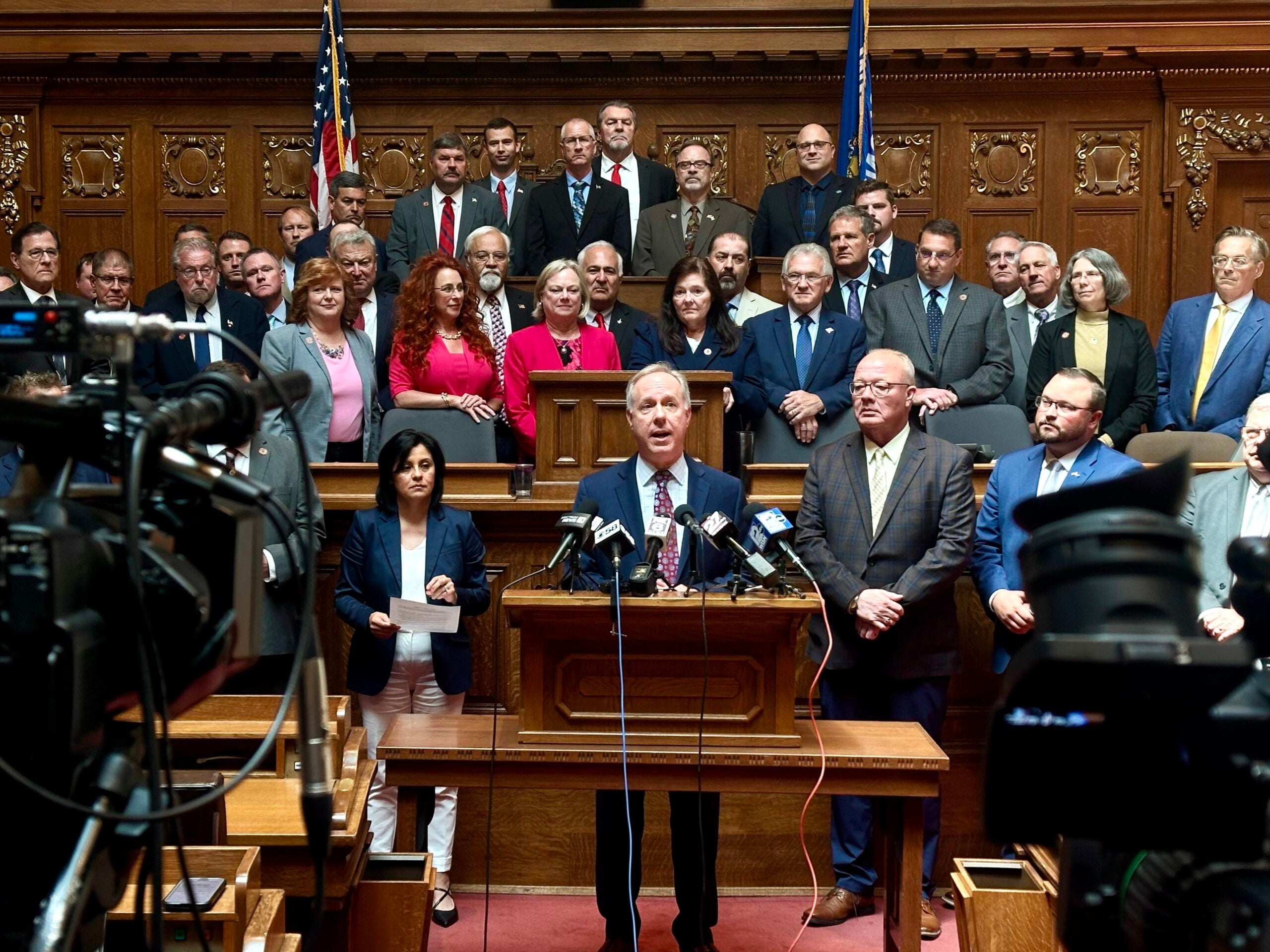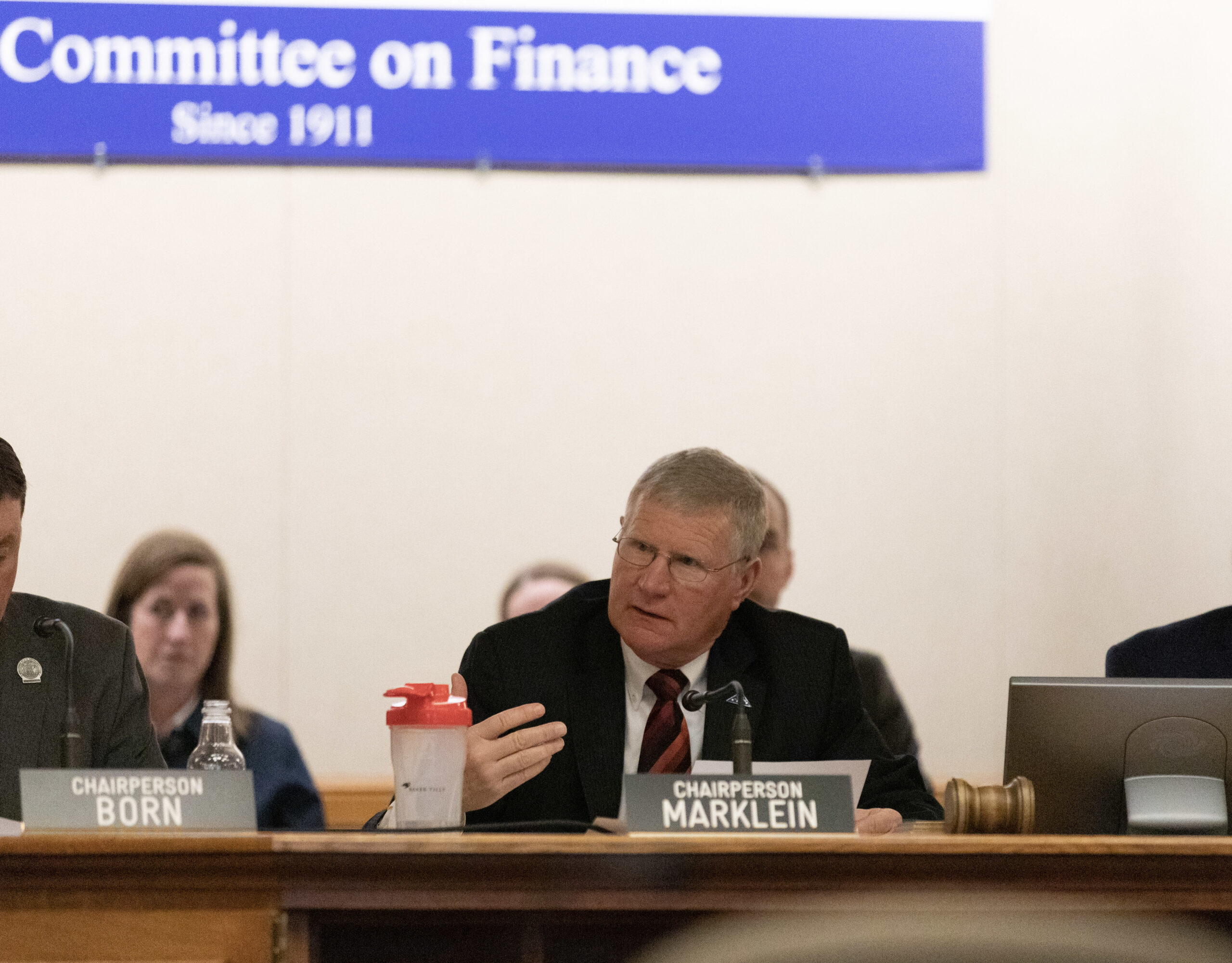Lawmakers in the powerful Joint Finance Committee voted Thursday to approve almost a million dollars for the Department of Transportation to issue license plates — far short of what the agency says it needs to meet requirements.
The vote is tied to a GOP-authored law, passed almost unanimously and implemented in 2022, requiring Wisconsin drivers to replace their license plates every seven years and changing manufacturing requirements. The DOT requested nearly $6 million to cover associated costs.
On a party-line vote, Republicans voted not to grant the full amount, instead approving funds for issuing replacement plates, at a cost of $825,700, but not to issue new ones.
News with a little more humanity
WPR’s “Wisconsin Today” newsletter keeps you connected to the state you love without feeling overwhelmed. No paywall. No agenda. No corporate filter.
Republicans argued that the broader cost issue should be taken up during the biennial state budget process, while Democrats argued that not granting the request turns the law into an unfunded mandate that will lead to service cuts for motorists elsewhere.
“The failure to (approve the funding request) would ultimately impact things that we have also required the DMV to do,” said Rep. Tip McGuire, D-Kenosha.
He and other Democrats put forward a motion to grant DOT the full $5,757,100 that the agency requested, which was voted down on party lines.
Lawmakers in 2021 nearly unanimously approved the bill to require drivers to regularly replace their license plates, and making changes to how the plates are manufactured, with certain reflectivity and security requirements.
In testimony supporting the bill at the time, lawmakers argued that the changes would address quality control issues with old license plates, improve road safety and make the jobs of law enforcement easier.
Rep. Shannon Zimmerman, R-River Falls, co-authored the original bill. He also sits on the Joint Finance Committee, and joined with all fellow Republicans in voting against approving the full funding request.
Zimmerman did not respond to WPR’s request for comment.
Speaking at the committee hearing, Sen. Howard Marklein, R-Spring Green, said the broader issue should be addressed when the committee convenes in the spring for its state budget work.
“I believe that we need to talk about this in the context of the budget — a bigger, broader, long-term solution to that structural problem,” he said.
Wisconsin Public Radio, © Copyright 2025, Board of Regents of the University of Wisconsin System and Wisconsin Educational Communications Board.







